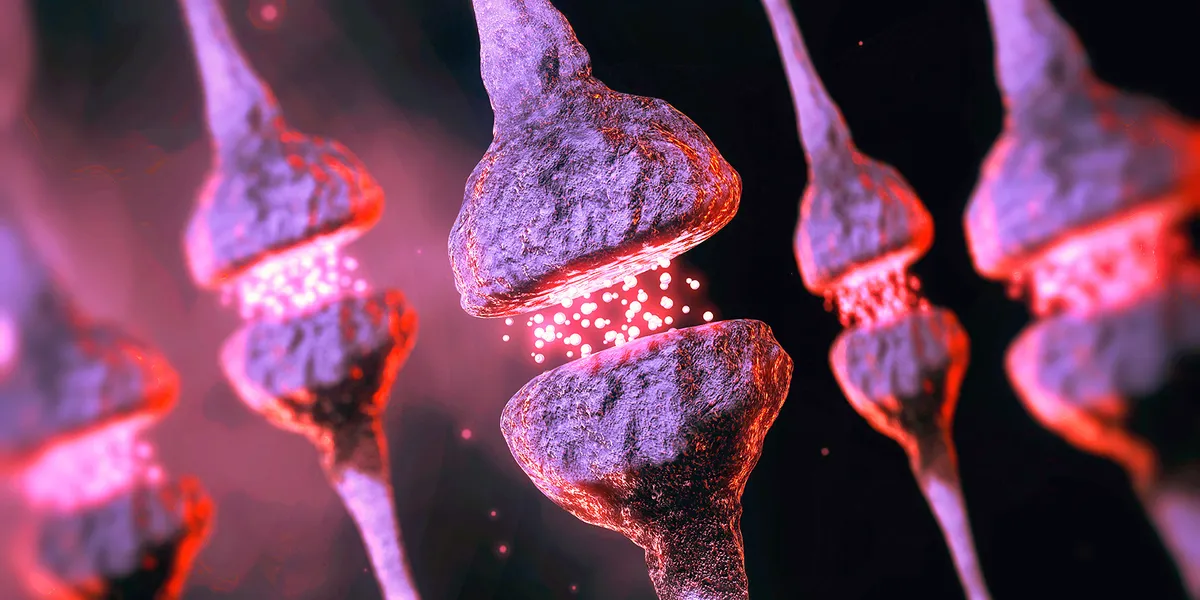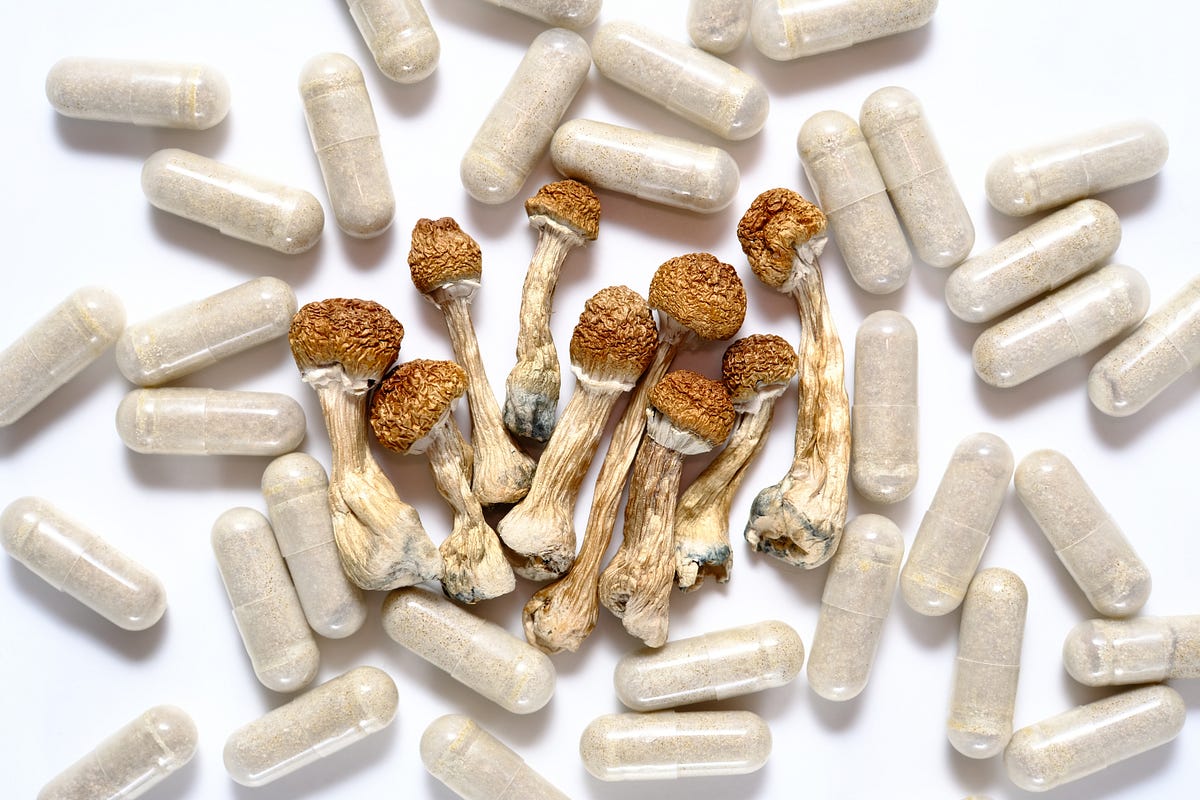In the world of mental health and brain function, neurotransmitters play a crucial role in regulating mood, stress, and overall well-being. One of the most important neurotransmitters for relaxation and stress reduction is gamma-aminobutyric acid (GABA). Often referred to as the brain’s natural “brake system,” GABA helps calm neural activity, reducing anxiety, improving sleep, and supporting focus. But how does it work, and can GABA supplements truly enhance mental well-being? Let’s explore the science behind GABA and the efficacy of supplementation.
What is GABA and How Does It Work?
GABA is an inhibitory neurotransmitter, meaning it slows down excessive brain activity. It plays a vital role in balancing excitatory neurotransmitters like glutamate, preventing overstimulation that can lead to anxiety, stress, and insomnia. When GABA levels are optimal, individuals tend to feel calm, focused, and able to manage stress effectively. However, low GABA levels have been linked to conditions such as:
- Anxiety disorders – GABA helps regulate fear responses, and lower levels are associated with increased feelings of worry and panic.
- Insomnia – Since GABA promotes relaxation, deficiencies can contribute to difficulty falling and staying asleep.
- ADHD – Studies suggest that GABA helps regulate impulsivity and attention, making it an important factor in focus and concentration.
- Depression – Although serotonin gets most of the attention in depression research, GABA deficiencies have also been linked to low mood and emotional instability.
Natural Ways to Boost GABA
Before turning to supplements, there are several ways to naturally increase GABA levels through diet and lifestyle:
- Fermented foods – Kimchi, sauerkraut, miso, and kefir contain beneficial probiotics that promote GABA production in the gut.
- Magnesium-rich foods – Almonds, spinach, and avocados help activate GABA receptors.
- L-theanine – Found in green tea, this amino acid increases GABA levels and promotes relaxation without drowsiness.
- Regular exercise – Aerobic activities like yoga, walking, and cycling have been shown to naturally elevate GABA levels in the brain.
- Mindfulness and meditation – Practices that encourage deep breathing and relaxation can help stimulate GABA production.
Do GABA Supplements Work?
GABA supplements have grown in popularity, especially among those looking to reduce anxiety and improve sleep. However, their effectiveness is still debated due to a key issue: GABA has difficulty crossing the blood-brain barrier (BBB). The BBB is a protective shield that prevents many substances from entering the brain, and research suggests that most orally ingested GABA does not make it through in significant amounts.
That said, some individuals report benefits from GABA supplements, which could be due to indirect effects such as:
- Gut-brain axis influence – Since the gut produces some GABA, supplements may support gut bacteria that contribute to its production.
- Placebo effect – Some users experience reduced stress simply from believing the supplement is working.
- Higher doses or specific formulations – Some forms of GABA, like pharmaceutical-grade phenibut (available by prescription in some countries), can cross the BBB more effectively, though they come with a higher risk of dependence and withdrawal.
Alternative Supplements That Support GABA Activity
If direct GABA supplementation is not always effective, certain other supplements may help support GABA function by either promoting its production or enhancing its receptor activity:
- L-theanine – Found in green tea, it increases GABA levels naturally and promotes relaxation.
- Taurine – This amino acid mimics GABA’s effects and supports brain function.
- Magnesium – Known as nature’s relaxant, magnesium enhances GABA receptor activity.
- Valerian root – Often used for sleep support, valerian increases GABA availability in the brain.
- Ashwagandha – An adaptogenic herb that reduces stress by modulating GABA receptors.
Final Thoughts: Is GABA Right for You?
While GABA supplements may offer some benefits, their ability to directly impact brain function remains uncertain. For those struggling with anxiety, sleep issues, or stress, supporting GABA naturally through diet, exercise, and alternative supplements may be a more reliable approach.
At Fourth Wall Wellness, we understand that every individual’s neurochemistry is unique. Our providers are happy to discuss whether GABA-supporting strategies, supplements, or other holistic approaches may be right for you. If you’re exploring ways to manage stress and improve mental health, we can help you find a personalized solution that works best for your needs.



